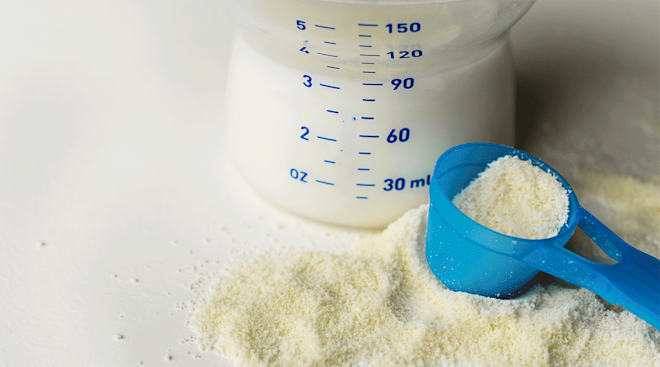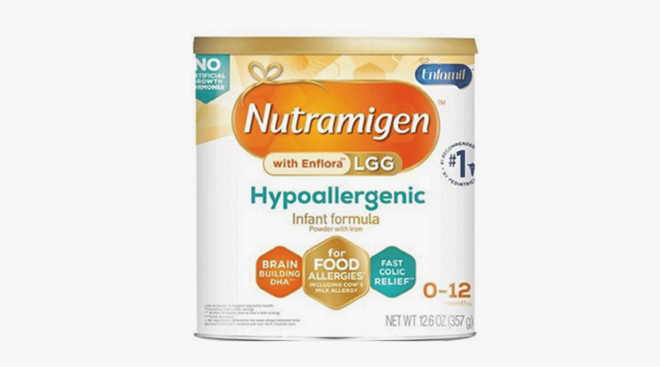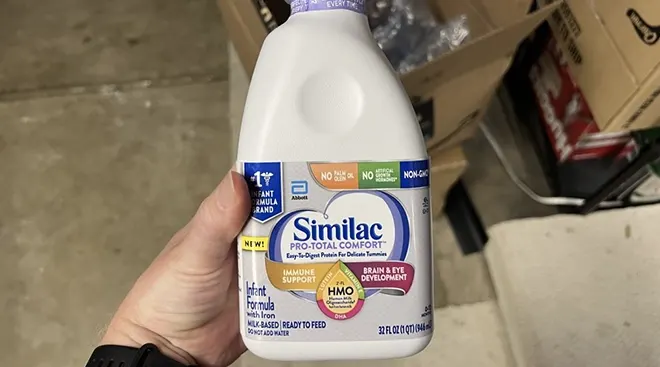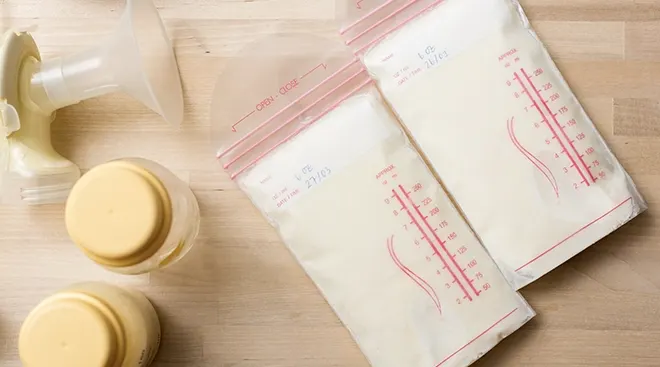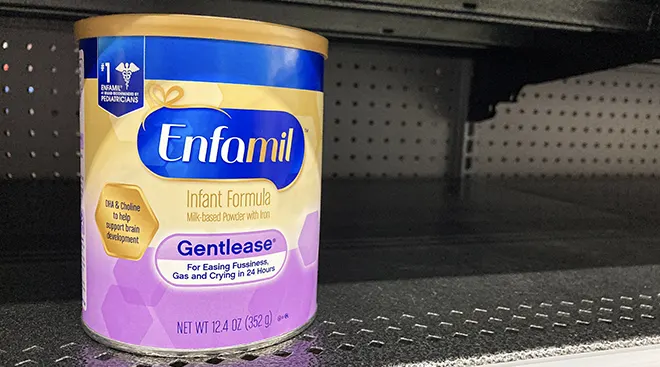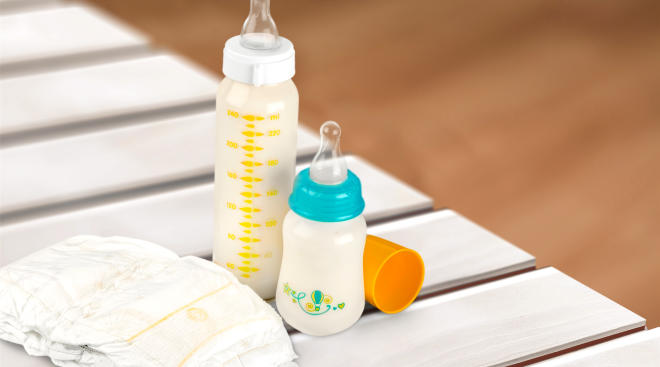‘Toddler Formulas’ Have No Nutritional Benefits, AAP Says
The American Academy of Pediatrics (AAP) has released a statement deeming toddler “formulas”—often marketed as the next step following breastmilk or infant formula—as generally unnecessary and lack essential nutritional benefits for older infants and preschoolers.
The AAP’s stance on toddler formulas is backed by a new clinical report which was produced by the AAP Committee on Nutrition. In the report the organization dives into the what makes up “toddler formulas” and highlights the lack of standardization and regulatory oversight for these products.
“Products that are advertised as ‘follow-up formulas,’ ‘weaning formulas,’ or ‘toddler milks and formulas,’ are misleadingly promoted as a necessary part of a healthy child’s diet or, for those directed at young infants, equivalent to infant formula,” lead study author George J. Fuchs, III, MD, FAAP, said in the statement.
“These drinks should not replace a balanced diet and are inferior to standard infant formula in children less than 12 months of age and offer no benefit,” Fuchs added.
The AAP distinguishes between medical or therapeutic formulas used for specific health conditions and the older infant-young child “formulas” that are the focus of their report. These “formulas” are typically high in sugar and cost more than cow’s milk, making them an unsuitable choice for many families.
But not only are these products nutritionally incomplete, but the AAP has also brought into question the marketing practices these products use. The AAP believes that the marketing of these drinks should make a clear distinction from standard infant formula in promotional materials, logos, product names, and packaging, and they should not be placed alongside infant formula on store shelves.
For parents seeking to provide their child with the best nutrition possible the AAP mantains that mothers should continue breastfeeding along with complementary foods introduced at around 6 months of age for at least 2 years, if mutually desired by the mother and child. If breastfeeding is not an option, the AAP suggests introducing whole cow’s milk as part of a nutritionally complete, balanced diet beginning at 12 months of age.
Want to learn more about what milk options might be best for your toddler? Check out these recommendations for milk alternatives from board-certified pediatricans Dina DiMaggio and Anthony Porto.
Please note: The Bump and the materials and information it contains are not intended to, and do not constitute, medical or other health advice or diagnosis and should not be used as such. You should always consult with a qualified physician or health professional about your specific circumstances.
Navigate forward to interact with the calendar and select a date. Press the question mark key to get the keyboard shortcuts for changing dates.



































